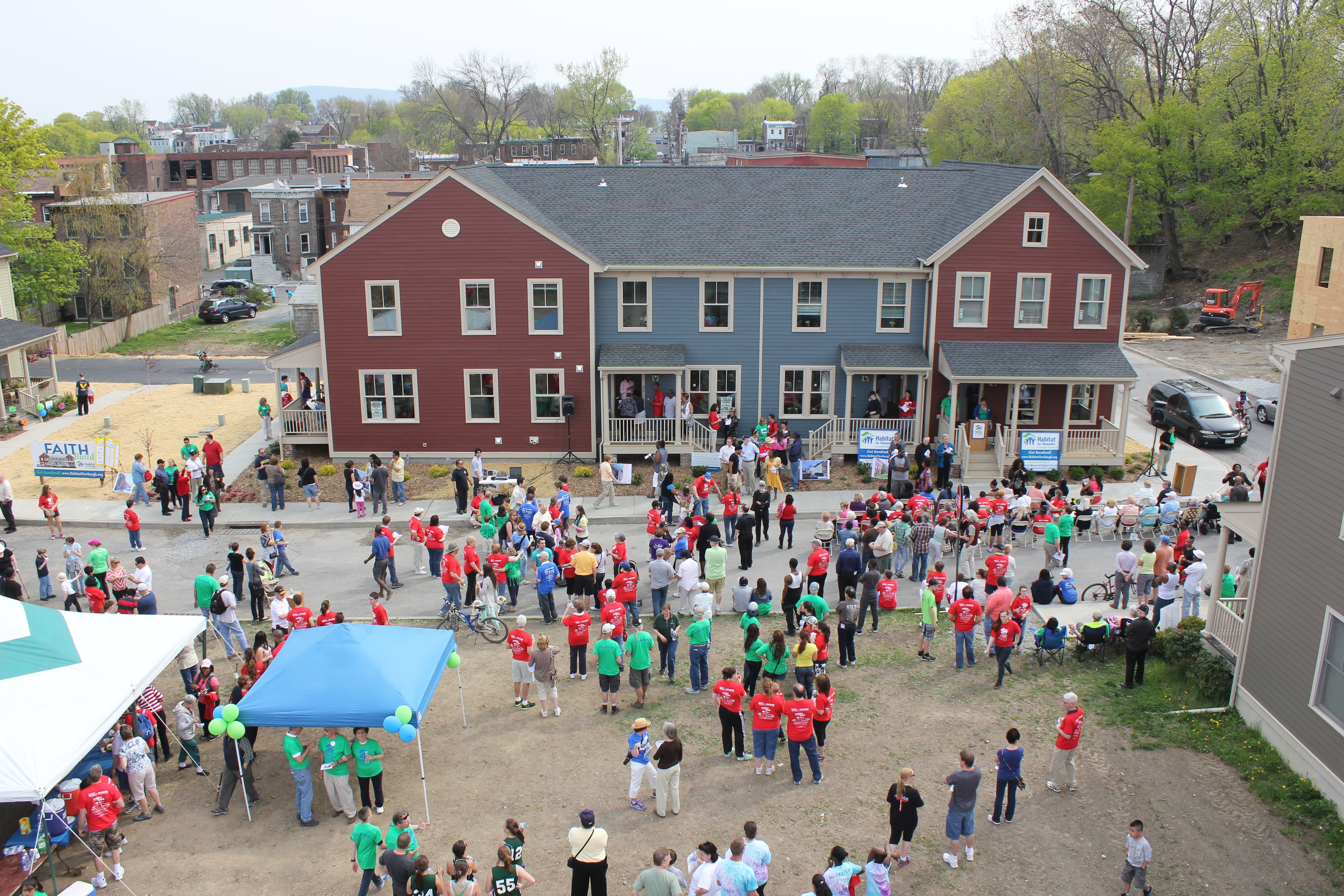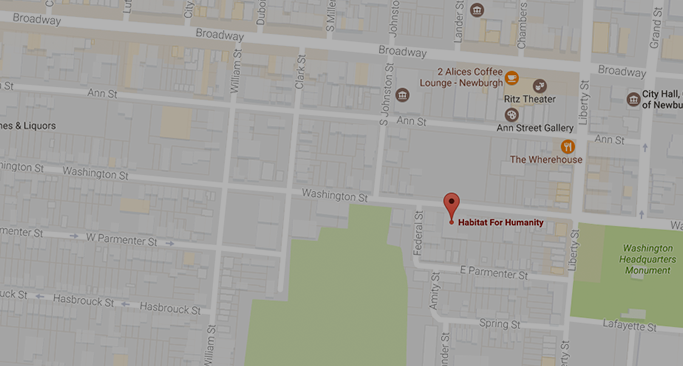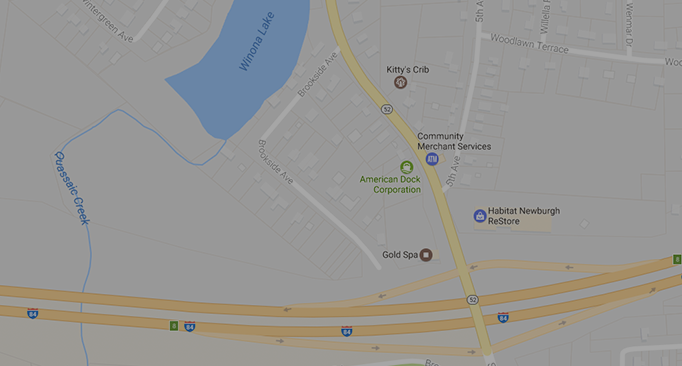What is the impact of Habitat homeownership?
A in-depth study of the impacts of Habitat homeownership was conducted by Wilder Research and published in 2015. A representative sample of 402 Habitat homeowners were surveyed. The full report can be found here, but below is a summary of the findings.
Health
- Of Habitat homeowners who have a family member with respiratory illness, 57% said they improved after moving into their Habitat home. Of those with respiratory illnesses, 74% of shorter-term homeowners noted an improvement to their condition.
Education
- Habitat has a positive influence on children's education. Over half of homeowners with children said their children's grades improved after moving into their Habitat home.
- In 92% of Habitat homes, at least one adult, either the homeowner or another family member, started or completed, or plans to start or complete, higher education or training programs after moving in.
- About two-thirds of Habitat homeowners feel more confident about their abilty to fund their children's college educations.
- Overall, 90% of homeowners said they feel better about their children's future.
Safety
- Over 90% of Habitat homeowners feel safe in their homes and about 80% feel safer than they did in their previous homes. A similar percentage feel that their children are now safer.
Social Connectedness
- Over 80% of Habitat homeowners say they feel connected to their community and over half say they participate more in community activities.
- Two-thirds of families say that their children spend more time with friends and classmates.
Family Interaction and Personal Well-Being
- Two-thirds of Habitat homeowners say they get along better with their families, and over 70% spend more time with their families.
- Nearlry 90% of Habitat homeowners said they feel at least 'somewhat better' about themselves, and 75% of homeowners feel 'much better' about themselves, compared to before becoming a Habitat homeowner.
Economic Situation
- Over half of Habitat homeowners say they have more money since moving into their Habitat home.
- Of those who changed jobs, 80% said that their new job is better.
- The percentage of homeowners using some sort of government assistance decreased by 20% since the time of their application.
Overall, 92% said their lives were better since moving into their Habitat home. Of that 92%, 89% said they contributed that positive change either 'completely' or 'a lot' to Habitat.
Why is Habitat Needed?
The world is experiencing a global housing crisis.
Worldwide, some 827.6 million people live in urban slums.
- By 2020, it is estimated the world slum population will reach almost 1 billion.
- About 50 percent of the world’s population now live in urban areas.
- Lack of clean water and sanitation claim the lives of more than 1.8 million young children every year.
In the United States, 48.5 million people are living in poverty
- Minimum wage is not keeping up with the rising cost of living and many workers struggle to afford decent housing.
Decent, stable housing provides more than just a roof over someone’s head
- Stability for families and children.
- Sense of dignity and pride.
- Health, physical safety and security.
- Increase of educational and job prospects.
The transformational ability of good housing
- Children under 5 in Malawi living in Habitat for Humanity houses have 44 percent less malaria, respiratory or gastrointestinal diseases compared to children living in traditional houses.
Housing must become a priority
- The percentage of people without access to decent, stable housing is rising.
- Increasing the housing supply across the globe is essential.
- Adequate housing is vitally important to the health of the world’s economies, communities and populations.
- If we are to succeed in the fight against poverty, we must support the expansion of housing both as policy and as practice.



